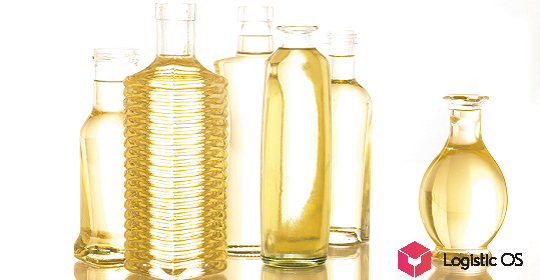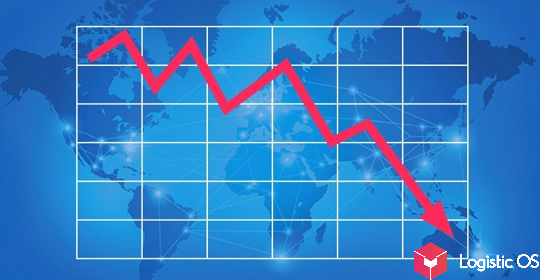Israeli scientists have begun using space monitoring and AI to increase chickpea yields and reduce the cost of growing them.
The problem of ensuring food security for the country is currently quite acute for Israel, since soil fertility in most of the territory leaves much to be desired, and the issue of moisture availability is also very sensitive.
At the same time, such conditions have led to the fact that Israel is actively using the most advanced technologies and achieving great success thanks to them.
For example, chickpea cultivation in this country is currently carried out mainly with irrigation. This allows for an annual yield of up to 6 tons of this crop per hectare. And this is the level that significantly exceeds the world average.
To achieve even more impressive results, researchers from Israel decided to combine several advanced technologies at once.
The first of them is satellite images, which allow you to monitor the development of plants in real time.
The second is machine learning and artificial intelligence. As a result, chickpeas are monitored from space, and the obtained results are processed by AI, drawing conclusions about whether individual fields require watering, fertilization, pest control, or something else.
Such a scheme is good because it practically eliminates human involvement. In addition, the high accuracy of the system allows plants to be provided with everything they need in a timely manner and increases yields.
In particular, it has already been proven that spot irrigation increases the flowering and pod formation period. This is precisely what ultimately allows for a larger harvest than with alternative cultivation technologies.
In addition, the use of such technologies leads to a decrease in production costs. Direct field studies of crop conditions require a lot of time and a large number of people, so, as a rule, they are very expensive and impractical.
However, abandoning them reduces the yield of chickpeas. For this reason, the use of satellites in conjunction with AI solves both problems at once: increases production efficiency and reduces costs.
It is planned that such experience will be extended to other crops. However, scientists note that chickpeas are a plant that is extremely vulnerable to both high temperatures and lack of moisture.
Therefore, success in its cultivation is a very significant victory and evidence of the effectiveness of new technologies.

